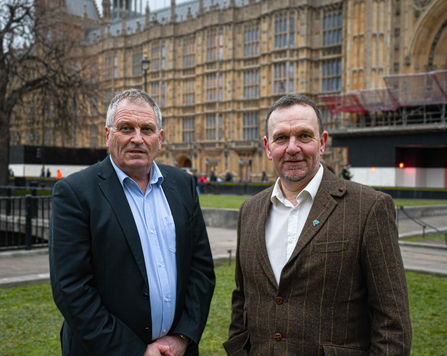Game changer? Or more kicking the beaver and lynx down the road?
Last month, I gave evidence to the EFRA (Environment, Food and Rural Affairs Committee) in the Houses of Parliament as part of their inquiry on Species Reintroduction; this was a 3-part process, the final element of which was held this week.
The first back in January was the MPs quizzing academics from the newly-formed English Species Reintroduction Taskforce (ESRT), which met in in February for the first time; part 2 was me and Alastair Driver from Rewilding Britain, as well as the policy leads for the CLA (Country Land and Business Association) and NFU (National Farmers Union) – who despite being fairly negative to ‘high profile’ species reintroductions shared a lot of common ground with Alastair and I with regards the sort of process the ESRT should run; and part 3 last week with senior reps. from Natural England, and the chair of the ESRT.

